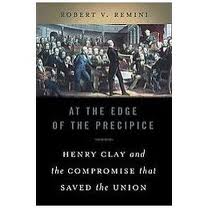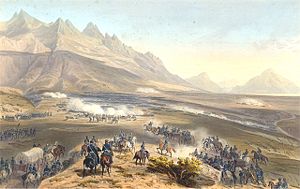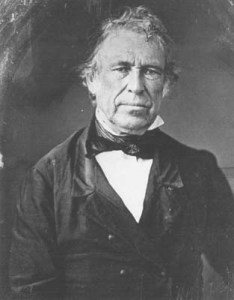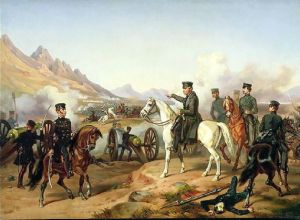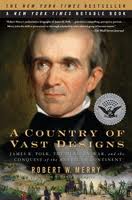In which we look at the Presidential Election of 1848 (Zachary Taylor wins!), the crisis over California’s admission to the Union as a free state (which nearly led to disunion & civil war), and how Henry Clay stepped into the breach and laid the groundwork that allowed Stephen A. Douglas to save the day with the Compromise of 1850.
Our book recommendation for this episode is At the Edge of the Precipice: Henry Clay and the Compromise that Saved the Union by Robert V. Remini. “In 1850, America hovered on the brink of disunion. Tensions between slaveholders and abolitionists mounted, as the debate over slavery grew rancorous. The addition of vast new territory in the wake of the Mexican war prompted Northern politicians to demand that new states remain free; in response, Southerners baldly threatened to secede from the Union. Only Henry Clay, America’s Great Compromiser, could keep the union together.”
Listen to Episode 8: Compromise1848

